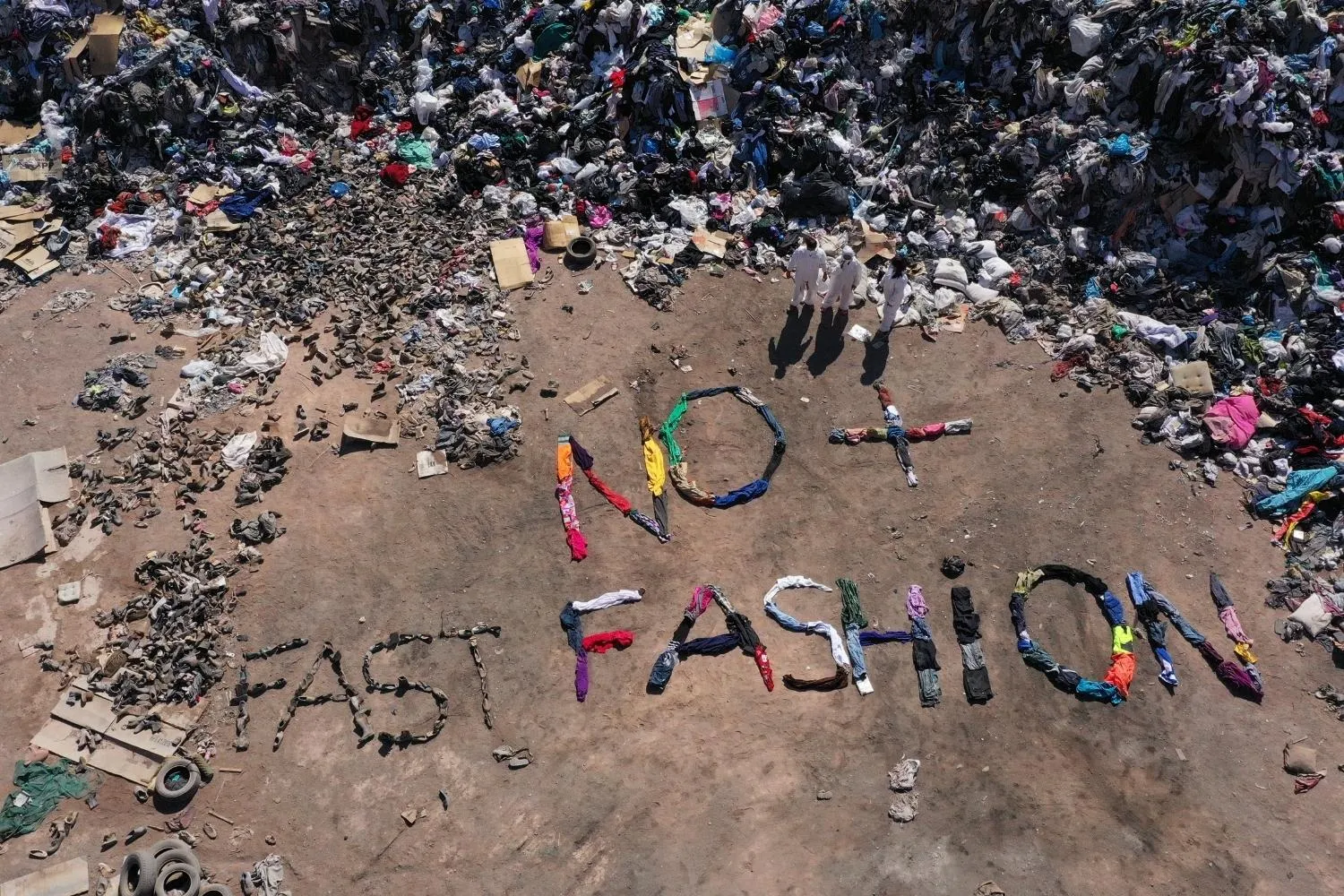Key Takeaways:
- HSBC delays its net-zero goal for operations, business travel, and supply chain from 2030 to 2050, aligning with rival banks.
- The bank cites slower-than-expected Scope 3 emissions reductions, expecting to meet less than half of its 2030 target without heavy reliance on carbon offsets.
- HSBC has facilitated $393.6 billion in sustainable financing since 2020, with $99.2 billion allocated in the past year.
HSBC Revises Net-Zero Ambition
HSBC has officially postponed its goal of reaching net-zero emissions across its own operations, business travel, and supply chain from 2030 to 2050, according to its latest annual report. The U.K.-based banking giant—Europe’s largest by market capitalization, assets, and revenue—said it had “revisited [its] ambition” due to slower-than-expected progress in Scope 3 emissions reductions.
Despite the delay, HSBC maintains it is on track to cut Scope 1 and 2 emissions by over 90% by 2030 from a 2019 baseline. The bank is also set to achieve a 40% emissions reduction across its operations and supply chain by the end of the decade.
Challenges in Scope 3 Emissions Reduction
HSBC acknowledges significant challenges in reducing emissions across its supply chain. According to the report, the bank’s current Scope 3 reduction trajectory will fall short of its 2030 target, requiring “heavy reliance on carbon offsets” to meet its initial commitments.
In response, HSBC is conducting an internal review of its 2030 financed emissions targets and related policies. Last year, the bank committed to phasing down financing for carbon-intensive industries such as oil and gas, power and utilities, transportation, and heavy industry to align with the global 1.5°C warming limit.
Sustainable Finance and Climate Commitments
Since 2020, HSBC has facilitated $393.6 billion in sustainable finance and investment, including $99.2 billion last year alone. This financing includes green and social projects, supporting companies transitioning to lower-carbon business models.
HSBC’s net-zero transition plan, launched in early 2023, outlines the bank’s investment strategy to decarbonize the industries it finances. The plan builds on its 2020 pledge to mobilize between $750 billion and $1 trillion in sustainable financing by 2030.
HSBC’s Sustainability Leadership Changes
The report follows HSBC’s appointment of Julian Wentzel as its new Chief Sustainability Officer (CSO) on Feb. 7, after serving as interim CSO for over a month. However, the role is no longer part of the bank’s reorganized executive committee following last year’s corporate reshuffle.
“Supporting the transition to net zero remains a priority for HSBC and for the customers we serve,” said HSBC Chief Financial Officer Pam Kaur in an internal memo announcing Wentzel’s appointment.
Aligning with Competitors
HSBC’s decision brings its operational net-zero target in line with other major global banks, including Barclays, JPMorgan Chase, and Bank of America. While the bank continues to finance sustainable projects, the delay underscores the broader challenges financial institutions face in reducing supply chain emissions at scale.

 Follow SDG News on LinkedIn
Follow SDG News on LinkedIn











